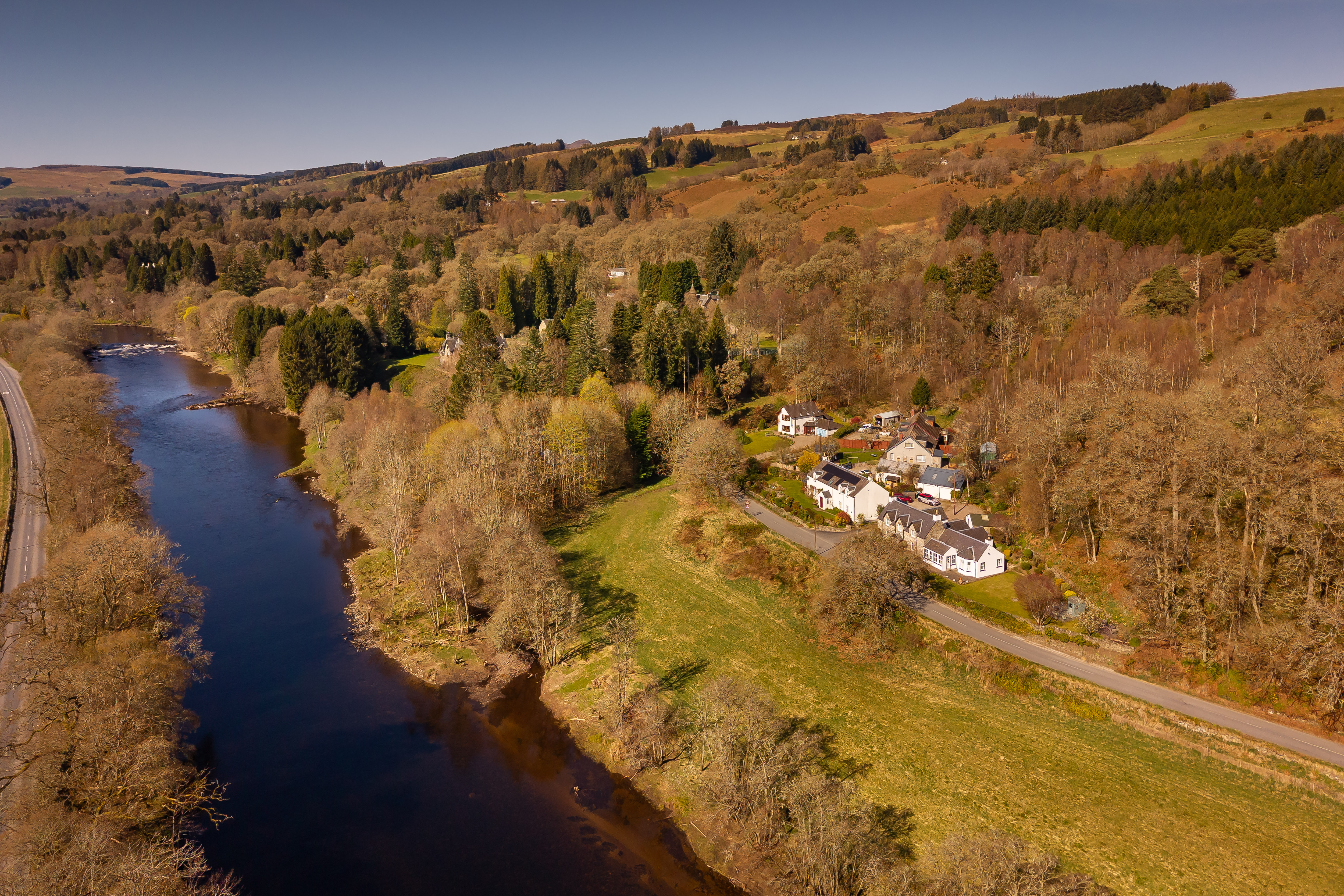Spectator - Carla Carlisle
Stiff upper lips can be the undoing of those who ride out aches and pains, and there's much to be said for popping a couple of asprin just in case, advocates Carla.


The playwright is meeting his leading lady for the first time over lunch in a smart restaurant. Just as he lifts his glass to propose a toast, the actress opens her handbag, takes out a strip of aspirin and pops two into her mouth. She then clinks her glass with his and takes a sip of Champagne. The startled play-wright asks: 'Gosh, is something wrong?' 'Oh no, I'm fine,' she says cheerfully, 'but Champagne always gives me a headache.'
It's the only scene I remember from the gently forgettable film Author! Author!, not only because I've had a few Champagne headaches in my day, but because I have the same healthy approach to pain. I've been known to take a couple of aspirin with a protein milkshake before going out to dinner if I know that my host likes a nice long time for drinks before going to table. When a glass or two of Champagne is followed by a series of wines, I take two aspirin before going to bed, a prophylactic dose. In my twenties, I swore off all spirits with the exception of bourbon in my eggnog at Christmas, but mixing alcohol with cream is a recipe for wooziness followed by a throbbing that eats into my seasonal euphoria. Like the actress, I swallow an apirin with my first sip of eggnog.
But this is not a confession of my drinking habits: this is a little treatise on pain, one I feel qualified to give because the stiff upper lip is not in my DNA. I am the natural-born daughter of a woman who, on being told by her doctors after a hip replacement that the time had come to wind down the painkillers, responded in her Talullah Bankhead voice: 'Doctor, there is no dignity in pain.' And, despite the fact that she had given birth to two daughters 'naturally', she urged me to write on my ante-natal folder 'THIS PATIENT WANTS NO PAIN', calling me every week to say that 'those breathin' lessons are a waste of time'.
And now it turns out that this is the message the British Heart Foundation (BHF) wants to drum in to the heads of all those folks with stiff upper lips. Launching its Doubt Kills campaign, it is hoping to reach the hesitant, the embarrassed, the 'wait-and-see-don't-make-a-fuss' folks who make up almost half of the population. I know this group intimately. I even sleep with one of them. Back in May, he called it a 'chest ache' and decided to face it down like a gunslinger in High Noon, going for a six-mile bike ride to get rid of the ache. He was amazed when that journey made it worse. When the ambulance arrived (in 10 minutes), he apologised for the bother. It took an angiogram to shut him up.
So I'm with the BHF on this one. The message is simple: central chest pain is the most common warning sign, but you don't have to be in excrutiating pain for it to be a heart attack. Dull chest pains what my husband called an 'ache, not a pain'?can be your body saying 'call 999'. And here's the main point: wait four to six hours after the onset of symptoms, and you are twice as likely to die than if you are treated within one to two hours. Stiff upper lips kill.
A triple-bypass later, my husband strides across the fields in search of the grey partridge. He's a lucky man. Now I stand on my potato box and quote Dr Stuttaford: an aspirin a day for men over 50 would save more lives a year than seatbelts. Got a chest ache? Take two large aspirins and call 999. I don't know what the good doctor's position is on a couple of them with a Bollinger chaser, but I hope he would approve.
This article first appeared in Country Life magazine on 30 November, 2006.
Sign up for the Country Life Newsletter
Exquisite houses, the beauty of Nature, and how to get the most from your life, straight to your inbox.
Country Life is unlike any other magazine: the only glossy weekly on the newsstand and the only magazine that has been guest-edited by HRH The King not once, but twice. It is a celebration of modern rural life and all its diverse joys and pleasures — that was first published in Queen Victoria's Diamond Jubilee year. Our eclectic mixture of witty and informative content — from the most up-to-date property news and commentary and a coveted glimpse inside some of the UK's best houses and gardens, to gardening, the arts and interior design, written by experts in their field — still cannot be found in print or online, anywhere else.
-
 Vertigo at Victoria Falls, a sunset surrounded by lions and swimming in the Nile: A journey from Cape Town to Cairo
Vertigo at Victoria Falls, a sunset surrounded by lions and swimming in the Nile: A journey from Cape Town to CairoWhy do we travel and who inspires us to do so? Chris Wallace went in search of answers on his own epic journey the length of Africa.
By Christopher Wallace
-
 A gorgeous Scottish cottage with contemporary interiors on the bonny banks of the River Tay
A gorgeous Scottish cottage with contemporary interiors on the bonny banks of the River TayCarnliath on the edge of Strathtay is a delightful family home set in sensational scenery.
By James Fisher